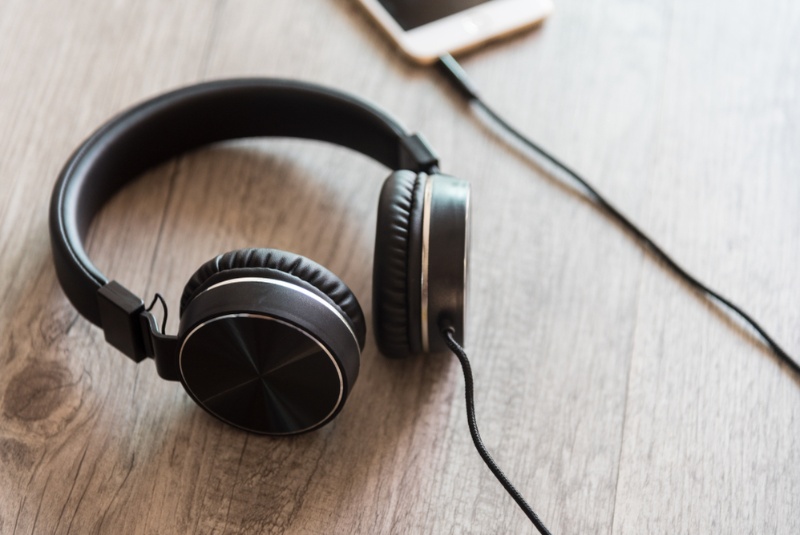The market for headphones has never been as expansive as it is today. From tiny in-ear monitors to massive over-the-ear cans, the options are vast and varied. Whether you’re an audiophile, a gym-goer, or simply someone seeking solitude in a noisy environment, there’s a pair out there tailored for you. But how do you sift through the noise (pun intended) and choose the right ones? This article is here to guide you on your sonic journey.
1. Understand Your Needs
Before diving into the specifics, it’s crucial to introspect and identify why you need headphones:
- Leisure Listening: If you're into casual listening while working or relaxing, comfort should be your priority.
- Gaming: Look for headphones with surround sound and a clear microphone.
- Sports and Fitness: Wireless earbuds with water resistance and a secure fit should be your target.
- Professional Use: For studio engineers and musicians, headphones with flat frequency response that reproduce sound authentically are essential.
2. Decide on the Type
- In-Ear (Earbuds): These are compact, portable, and perfect for on-the-go listening. They fit directly into the ear canal, providing good passive noise isolation. Examples include Apple's AirPods and many sports headphones.
- On-Ear: These sit on your ear, are generally more comfortable than in-ears, but offer less noise isolation. They’re often lightweight, making them suitable for travel.
- Over-Ear: These headphones cover the entire ear. They're ideal for long listening sessions due to their comfort and typically offer better sound quality and noise isolation.
3. Wired or Wireless?
- Wired: These offer the advantage of direct, uninterrupted audio signal and don't need charging. However, with many devices ditching the headphone jack, adapters may be necessary.
- Wireless (Bluetooth): These are super convenient, especially for active users. The downside is that they rely on battery life and might have a slight compromise on audio quality due to data compression.
4. Noise Isolation vs. Noise Cancellation
- Noise Isolation: This is a passive method where the headphones physically block out external noise. In-ear headphones typically offer the best isolation due to their seal.
- Noise Cancellation: This is an active process where headphones use microphones to pick up external noises and produce sound waves to counteract them. They're ideal for travelers and those in noisy environments.
5. Sound Quality
While this can be subjective, there are a few things to consider:
- Bass: Do you prefer a thumping, heavy bass or a more balanced sound?
- Frequency Response: It shows the range of bass, mids, and treble. A wider range means the headphone can produce more sound variations.
- Drivers: These convert the electrical signal into sound. Larger drivers generally produce better sound but can make headphones bulkier.

6. Battery Life (For Wireless)
If you’re going for wireless headphones, check the battery life. On average, wireless in-ear headphones last 6-8 hours, while over-ear headphones can stretch up to 20-30 hours.
7. Additional Features
- Voice Assistants: Some headphones offer built-in support for Siri, Google Assistant, or Alexa.
- Touch Controls: These provide a seamless way to control volume, skip tracks, or answer calls.
- Water and Sweat Resistance: Essential for sports headphones.
- Customizable Sound Profiles: Some premium headphones come with apps that let you tailor the sound to your liking.
8. Comfort and Build Quality
Materials like memory foam ear cups provide comfort for extended listening. The build quality is essential, especially if you're investing a significant amount. Metal frames are more durable than plastic, but they're also heavier.
9. Budget
Prices for headphones can range from under $10 to over $1000. It's essential to set a budget and find the best headphones within that range. Remember, a higher price doesn’t always mean better quality.
10. Read Reviews and Test
Always read user reviews and expert opinions. And if possible, visit a store to try them out. The experience can be quite different in person compared to reading about it.
Finding the perfect headphones can be a journey, but it’s worth every second when you find the pair that resonates with your soul. Keep these guidelines in mind, and you're bound to find a set that not only meets your needs but elevates your auditory experiences. Remember, the sound is a deeply personal experience; what might be music to one’s ears might be noise to another.




